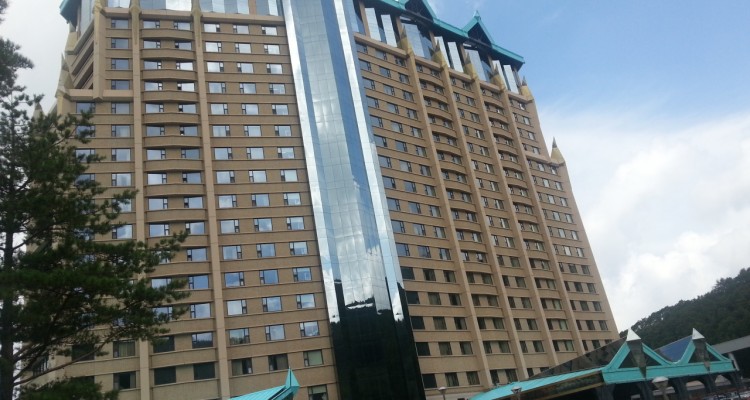South Korea’s casino industry has benefitted significantly from the collapse of Macau’s casino industry which was brought on by the anti-corruption crackdown. The country has a total of 17 casinos but allows locals to gamble only at one of these casinos, a venue located in Kangwon Land.
The South Korean casino industry’s total gross gaming revenue stood at $2.8 billion in 2015 and Kangwon Land casino accounted for $1.7 billion of the total revenue. Casino operators have put pressure on the government to lift the ban that restricts locals from gambling freely but the government has made it clear that Kangwon Land has a monopoly on the local market that lasts till 2025.
The South Korean government is in favour of the casino industry as it brings in a significant amount of tax revenue. The government decided to issue two new licenses for integrated casino resorts in 2015 and received a total of 36 applications. Most of those applicants also called on the government to lift the ban on locals as they were concerned if they could run a successful operation depending on foreign visitors alone.
When the government remained firm on its decision and not lift the local ban, 35 of these operators decided to drop out and only Mohegan Sun received a gambling license. South Korea lost out on foreign investment and annual gambling revenues in the process but still remains firm in its decision to uphold the local ban.
Glenn Burm, a partner at PwC Korea believes that the South Korean government will seriously consider lifting the local ban if it feels its casino industry is under threat from competition surfacing from neighbouring countries such as Japan. Burm stated that based on the current casino market in Japan, there does not appear to be any immediate threat to South Korean casinos.
The 16 casinos that depend on foreign visitors to generate gambling revenue faced a tough situation last year when tourism numbers dropped significantly due to the Middle Eastern Respiratory Syndrome. The success of foreign owned casino operators such as Paradise Co and Grand Korea Leisure depend heavily on tourism numbers.
In a statement to agbrief, Burm said “We analyse, it’s critical that they need to raise more than 50 percent of revenue from non-gaming section to be successful. The number of foreign visitors is limited and the increase in visitors may be limited as well, so in order to secure the profit you need to secure domestic people coming in to the resort as well and foreign visitors coming in with families to spend time.”
The South Korean government will have to continue to look at strategies to boost tourism in order for the casinos to thrive and casino opeators will have to look at ways to increase their non-gaming offerings and bring in the locals.


